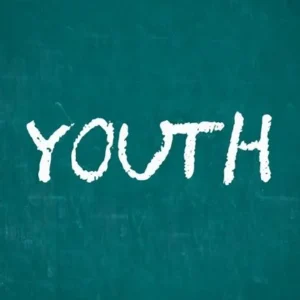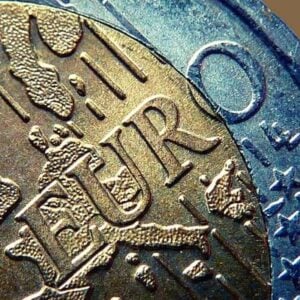The World Bank’s Board of Executive Directors has approved a US$7.9 million grant for Moldova’s Restoring Ecosystems for Marine Pollution Prevention Project (RE-MAP), financed through the Global Environment Facility (GEF). The project aims to enhance sustainable landscape management within the Dniester River Basin, a critical watershed for both environmental and socio-economic resilience in Moldova. By employing nature-based solutions, RE-MAP will restore degraded landscapes, prevent land-based pollution, and strengthen biodiversity and climate resilience.
The project represents a significant step toward Moldova’s sustainable development goals and regional environmental cooperation. It is part of the broader Clean and Healthy Ocean Integrated Program, contributing to efforts to combat marine pollution and land degradation. RE-MAP focuses on protecting natural landscapes, safeguarding water resources, and building resilient communities and ecosystems.
Key project components include forest and wetland restoration, afforestation, and integrated crop-livestock-forest systems, along with policy harmonization for pollution prevention and sustainable land use. Capacity-building initiatives will support both institutions and communities in implementing and monitoring restoration efforts. The project is expected to generate socio-economic benefits for approximately 99,200 people, including 40 percent women, through improved natural resources and new employment opportunities.
Since joining the World Bank in 1992, Moldova has received over US$2.3 billion across more than 70 operations. Current support spans energy, regulatory reform, business development, land registration, education, roads, health and social services, agriculture, and water and sanitation. Additionally, the International Finance Corporation (IFC) and Multilateral Investment Guarantee Agency (MIGA) are engaged in projects across the financial sector, advisory services, and risk insurance, complementing World Bank efforts in the country.







